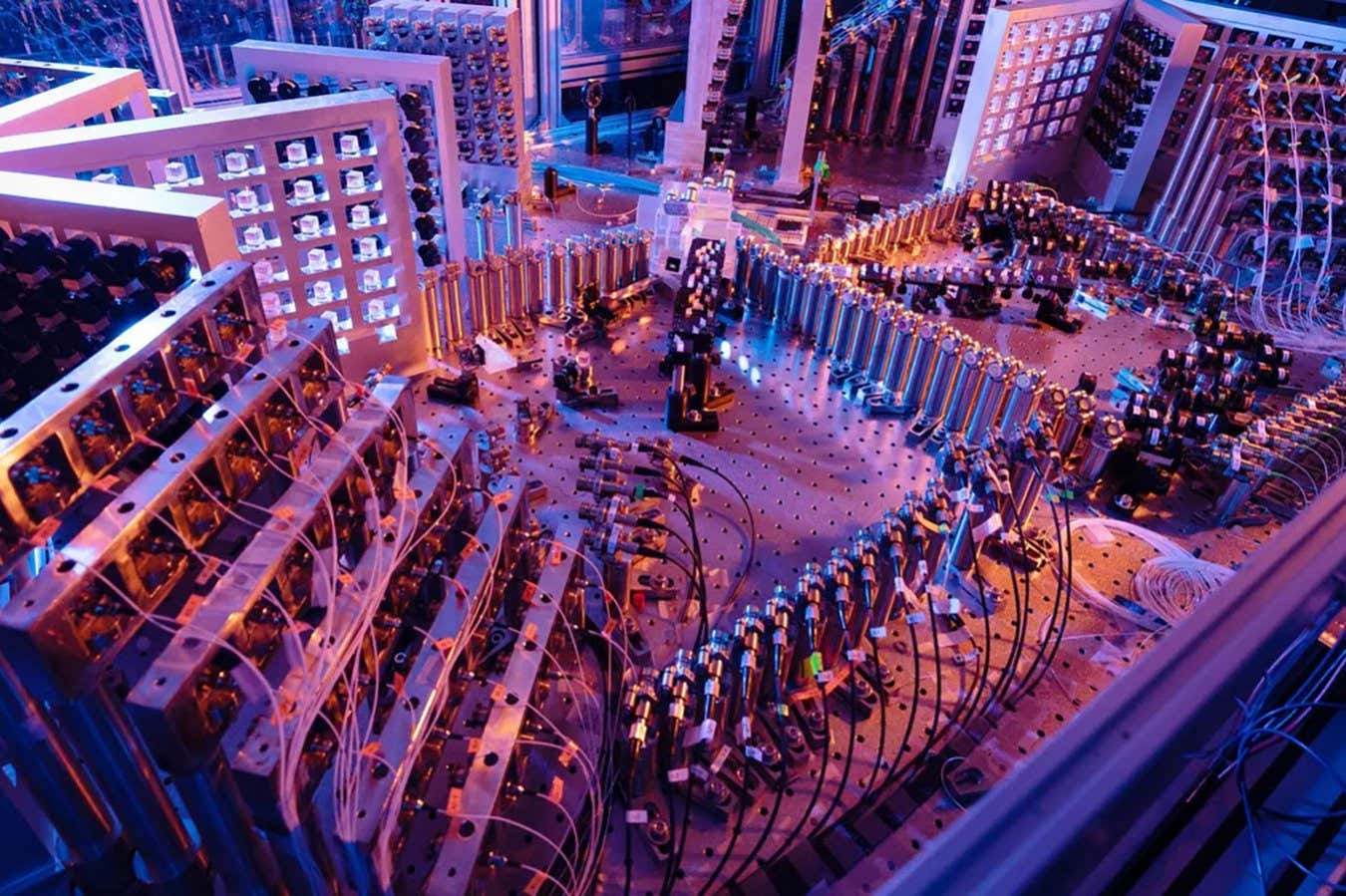Now Reading: New Quantum Breakthrough Achieves Advantage-But Does It Hold Significance?
-
01
New Quantum Breakthrough Achieves Advantage-But Does It Hold Significance?
New Quantum Breakthrough Achieves Advantage-But Does It Hold Significance?

Speedy Summary
- Jiuzhang 4.0, a quantum computer developed by the University of Science and Technology of China, achieved “quantum advantage” using photons to perform calculations beyond the capacity of conventional supercomputers.
- The system completed gaussian boson sampling (GBS) using 3090 photons in 25.6 microseconds; replicating this calculation on a classical supercomputer woudl take an estimated 1042 years.
- Past breakthroughs in GBS by previous Jiuzhang machines were later challenged as classical computers successfully replicated results due to noise issues.Jiuzhang 4.0 reduced photon loss but still faces concerns regarding noise and potential simulation challenges from classical systems.
- Experts view this as significant progress but emphasize it does not equate to practical quantum computing or general-purpose programmability yet.
- Potential applications coudl include advancements in image recognition, chemistry simulations, and machine learning tasks.
Image: An earlier prototype of Jiuzhang 4.0, credited to Chao-yang Lu/University of Science and Technology of China
Indian Opinion Analysis
This achievement underscores the ongoing competitive evolution between quantum computers and classical algorithms-a dynamic termed a “virtuous cycle” for advancing fundamental science. However, while showcasing computational supremacy for narrowly defined tasks like GBS, its practical implications remain unclear due to hardware specialization and lack of fault tolerance necessary for broader applications.
For India’s burgeoning quantum sector, such advancements highlight both opportunities and challenges ahead: leveraging similar novel hardware approaches could fast-track specialized use cases like chemical modeling or AI-enhanced decision-making within industries important domestically (such as healthcare or agriculture). Yet translating experimental successes into scalable utility will demand strategic investment in research ecosystems equipped for interdisciplinary collaboration.























